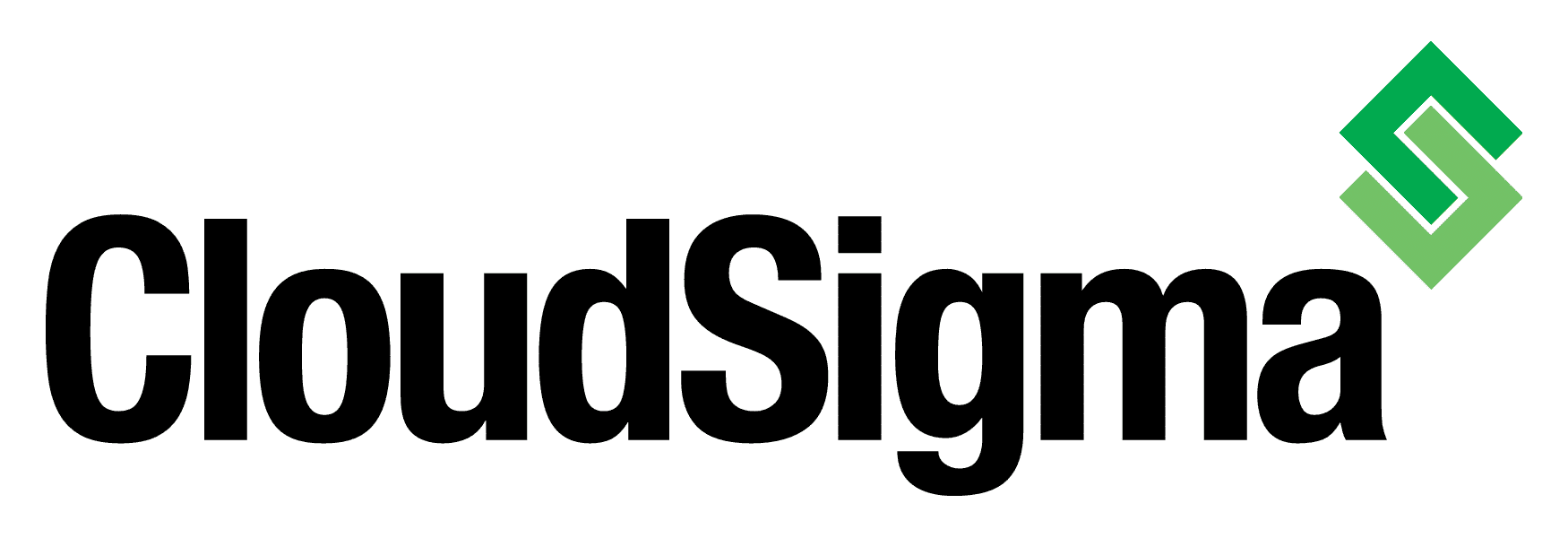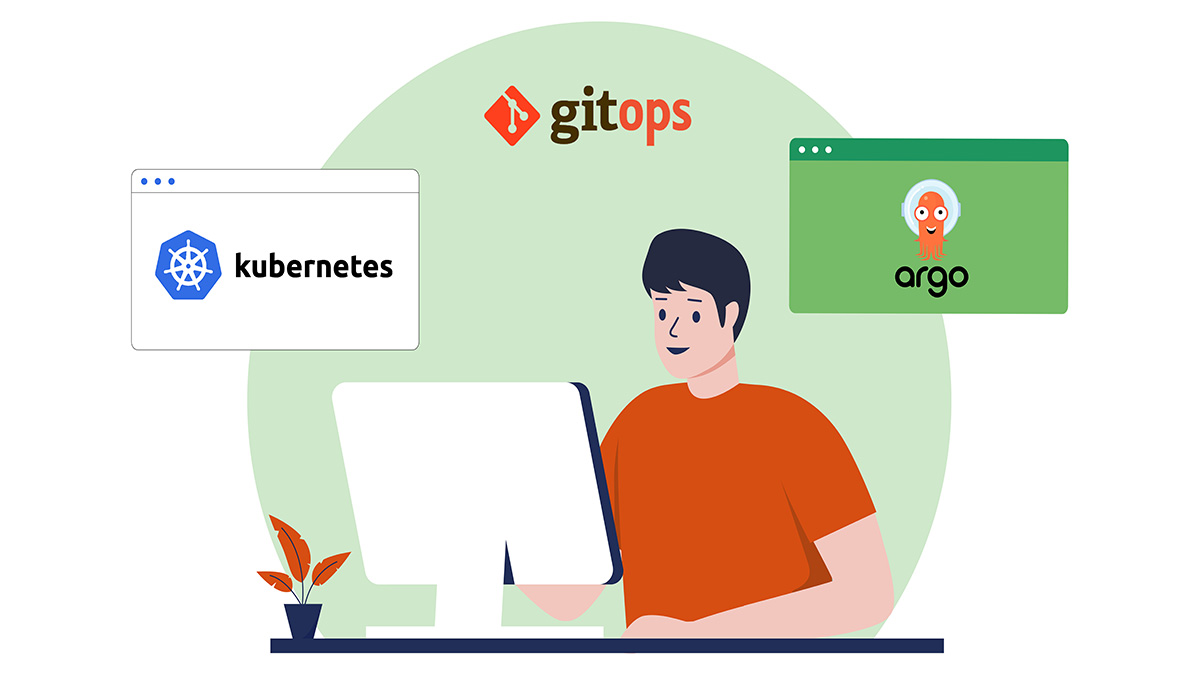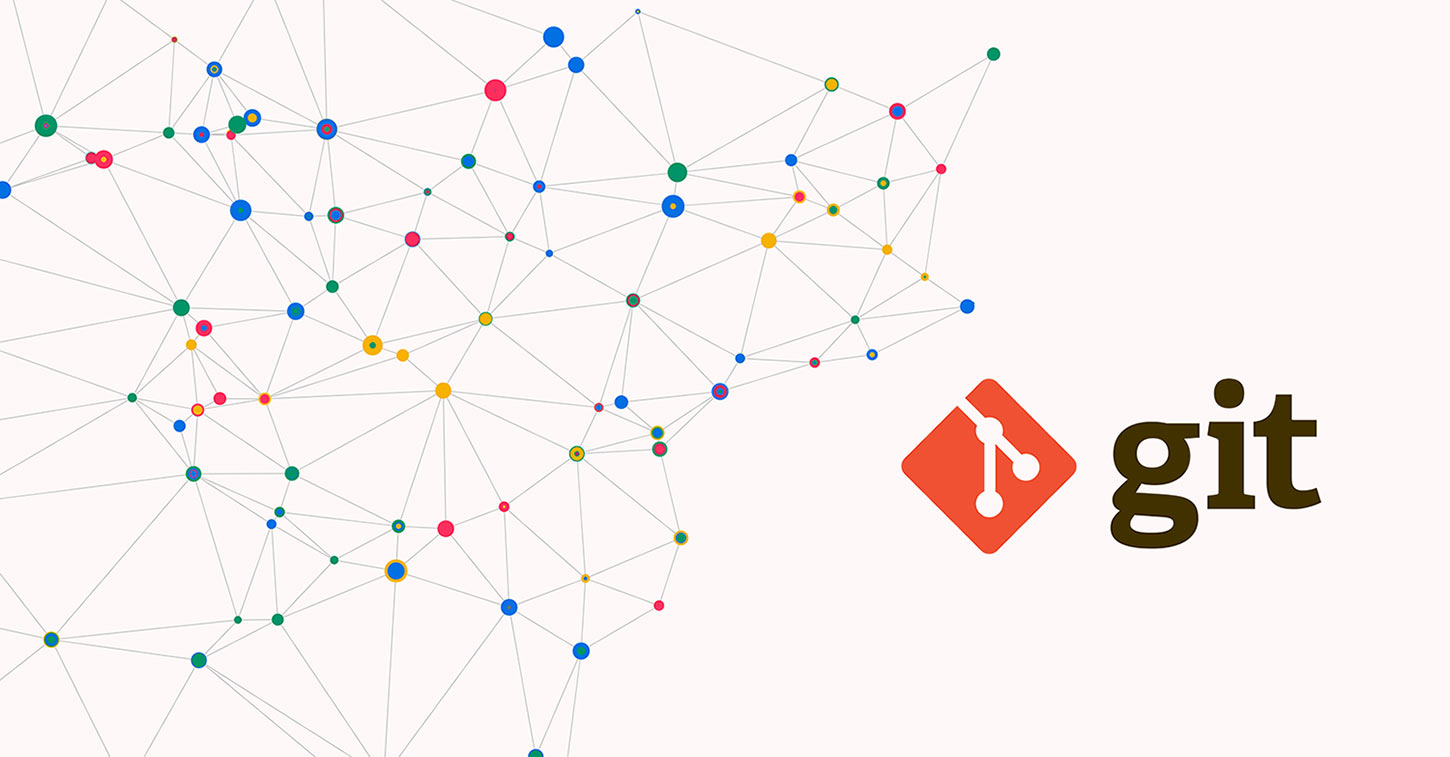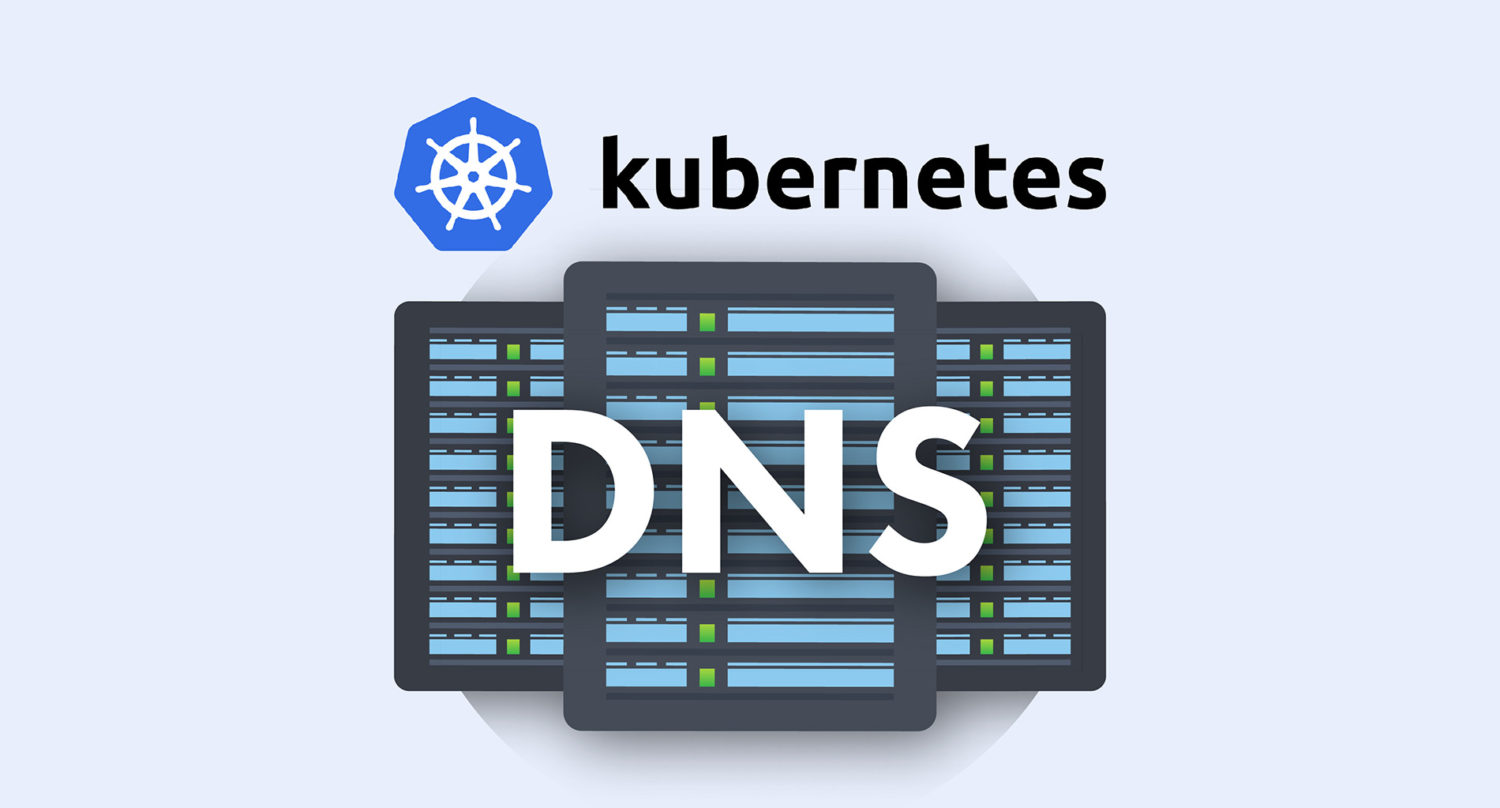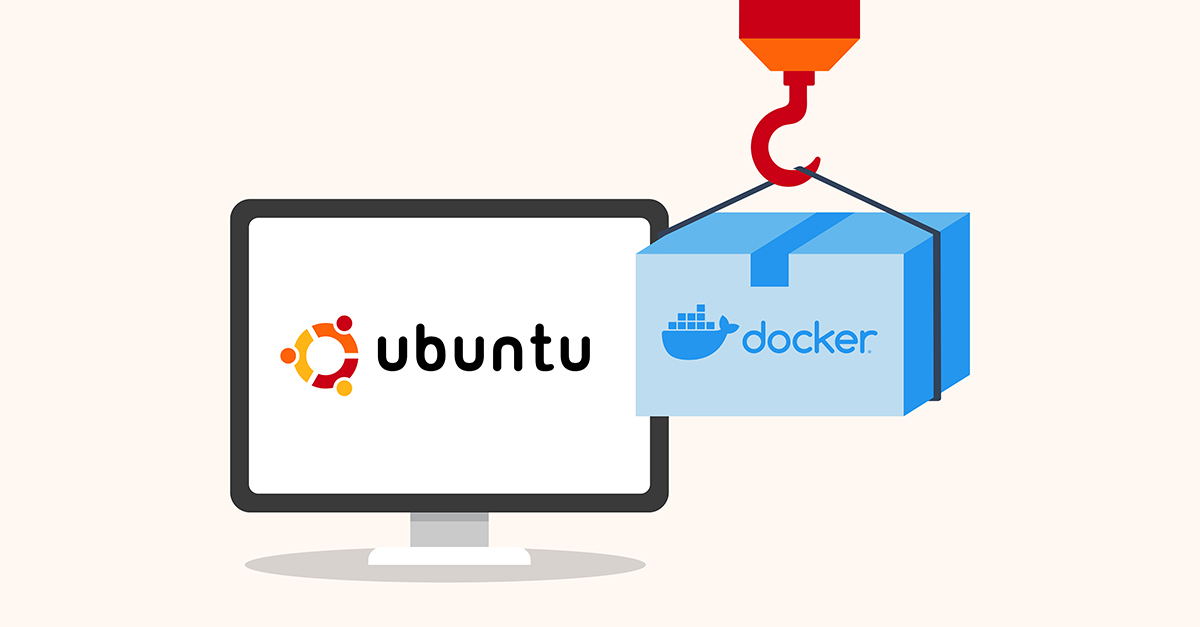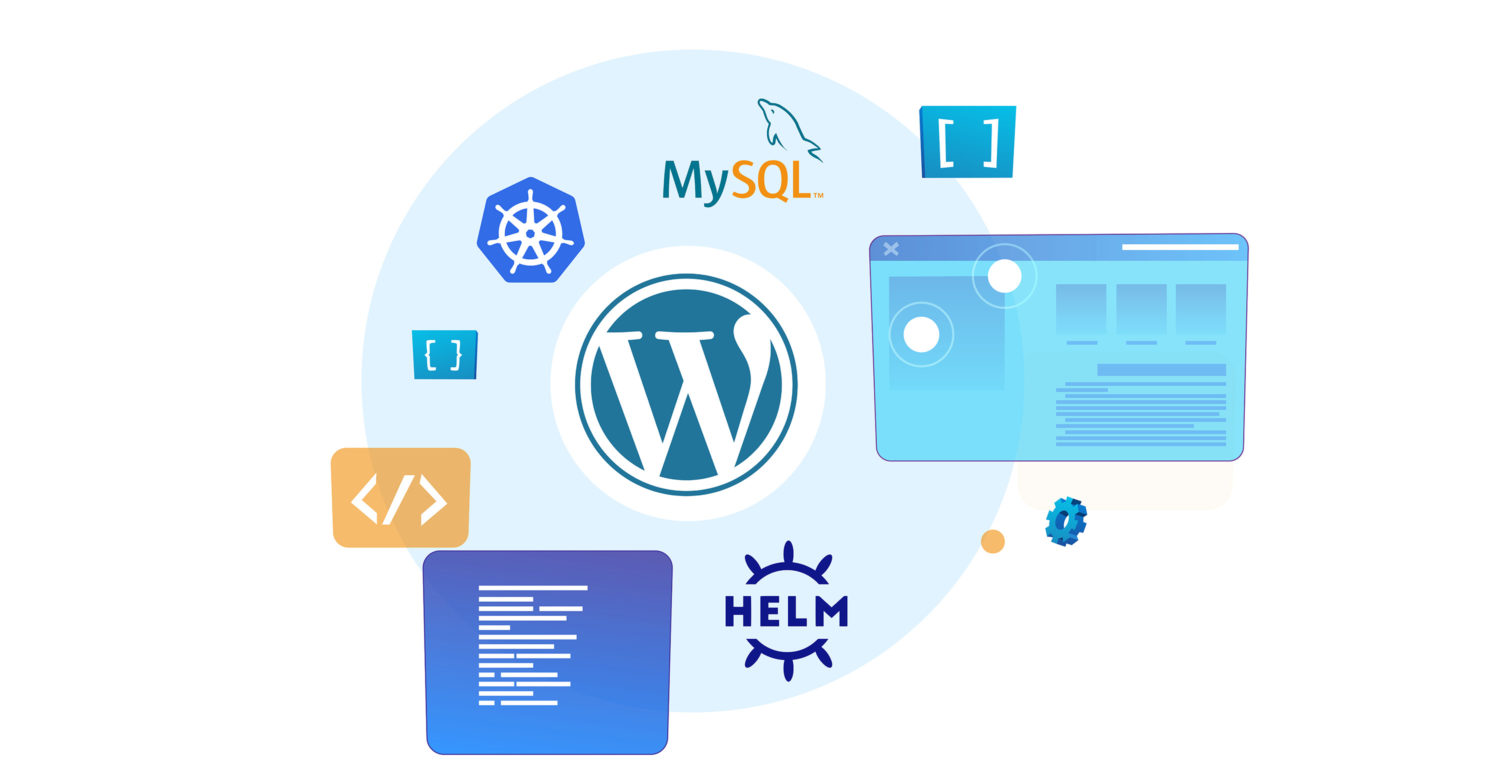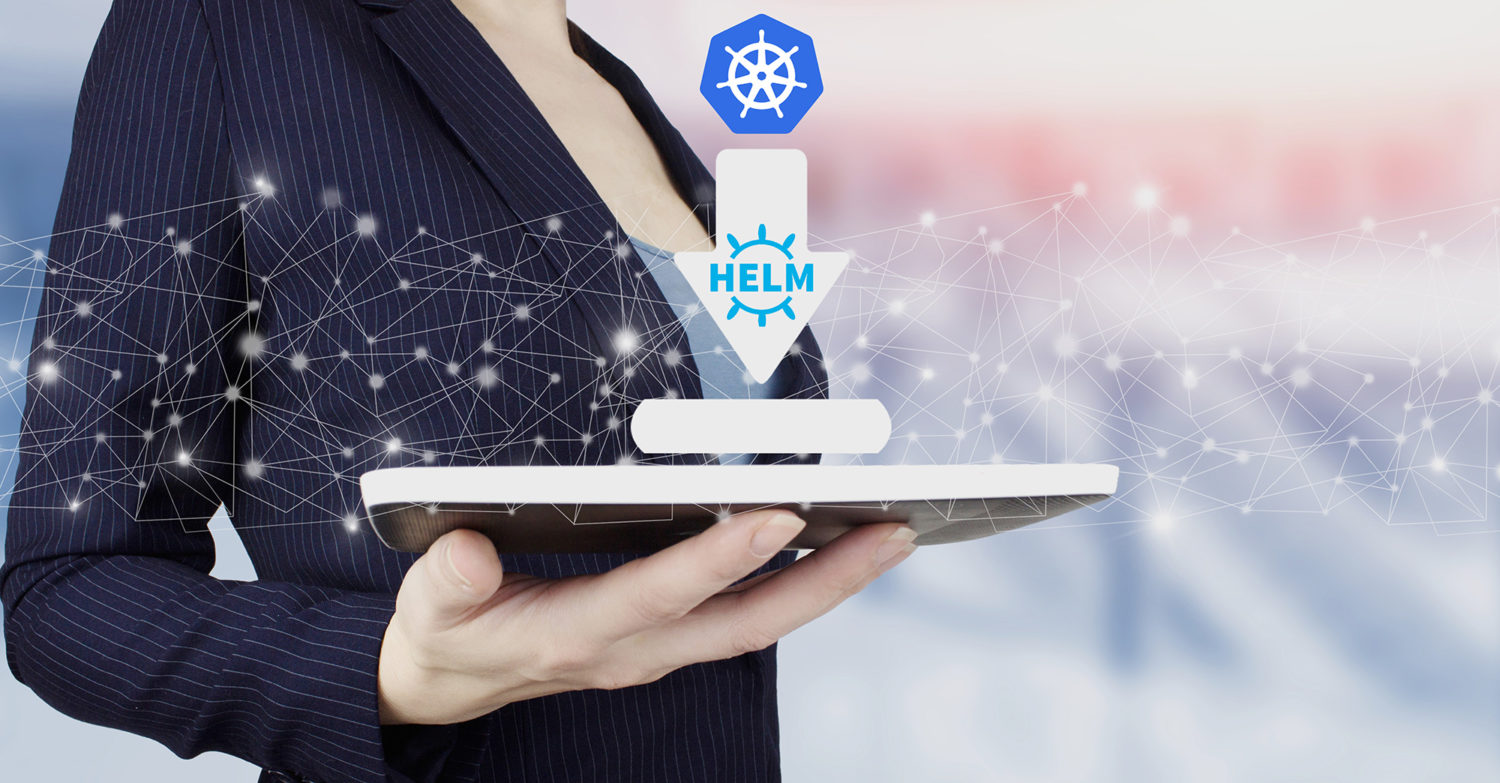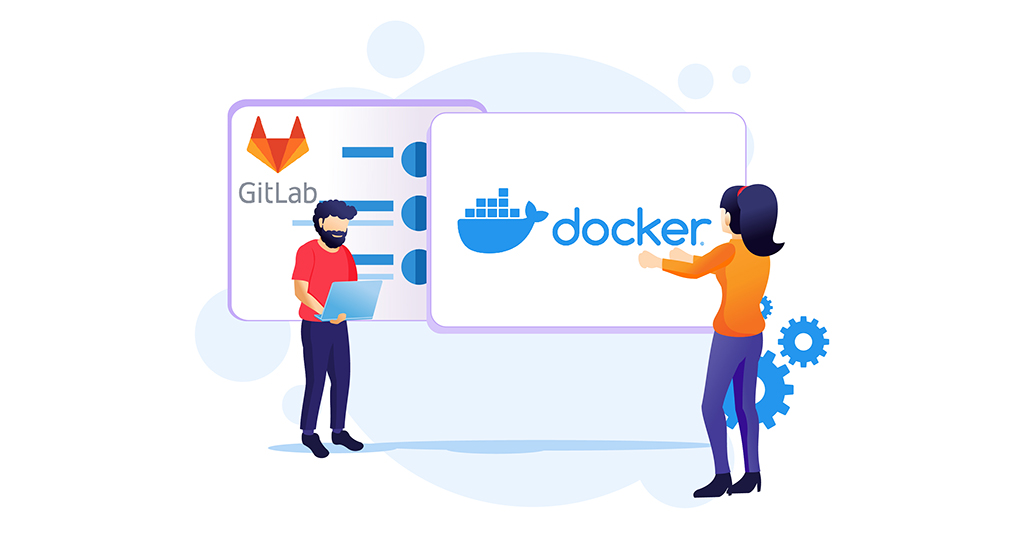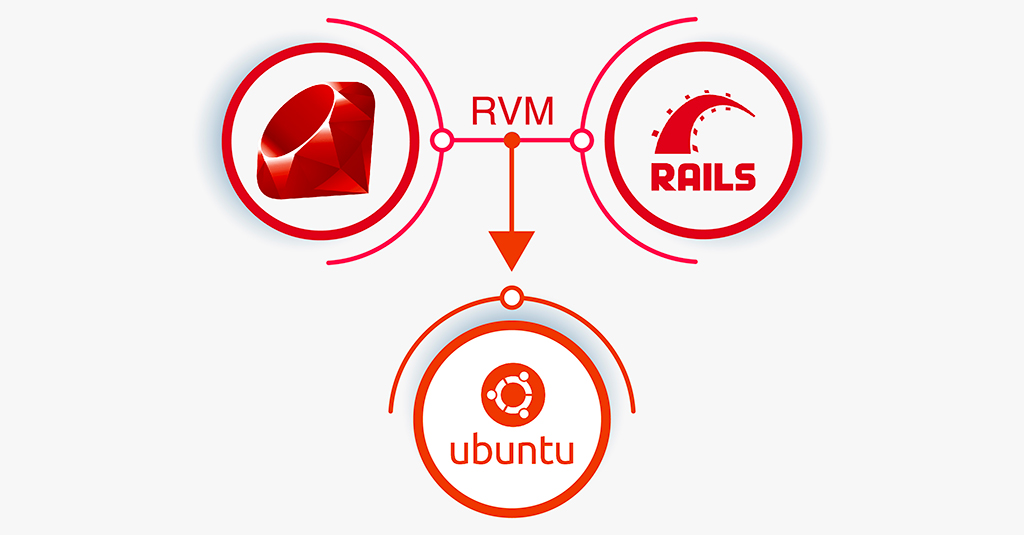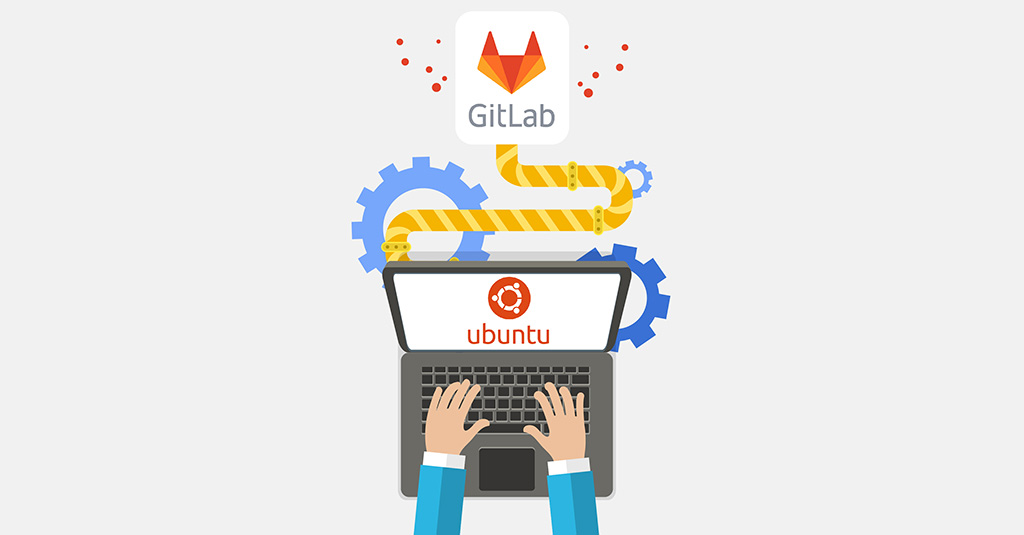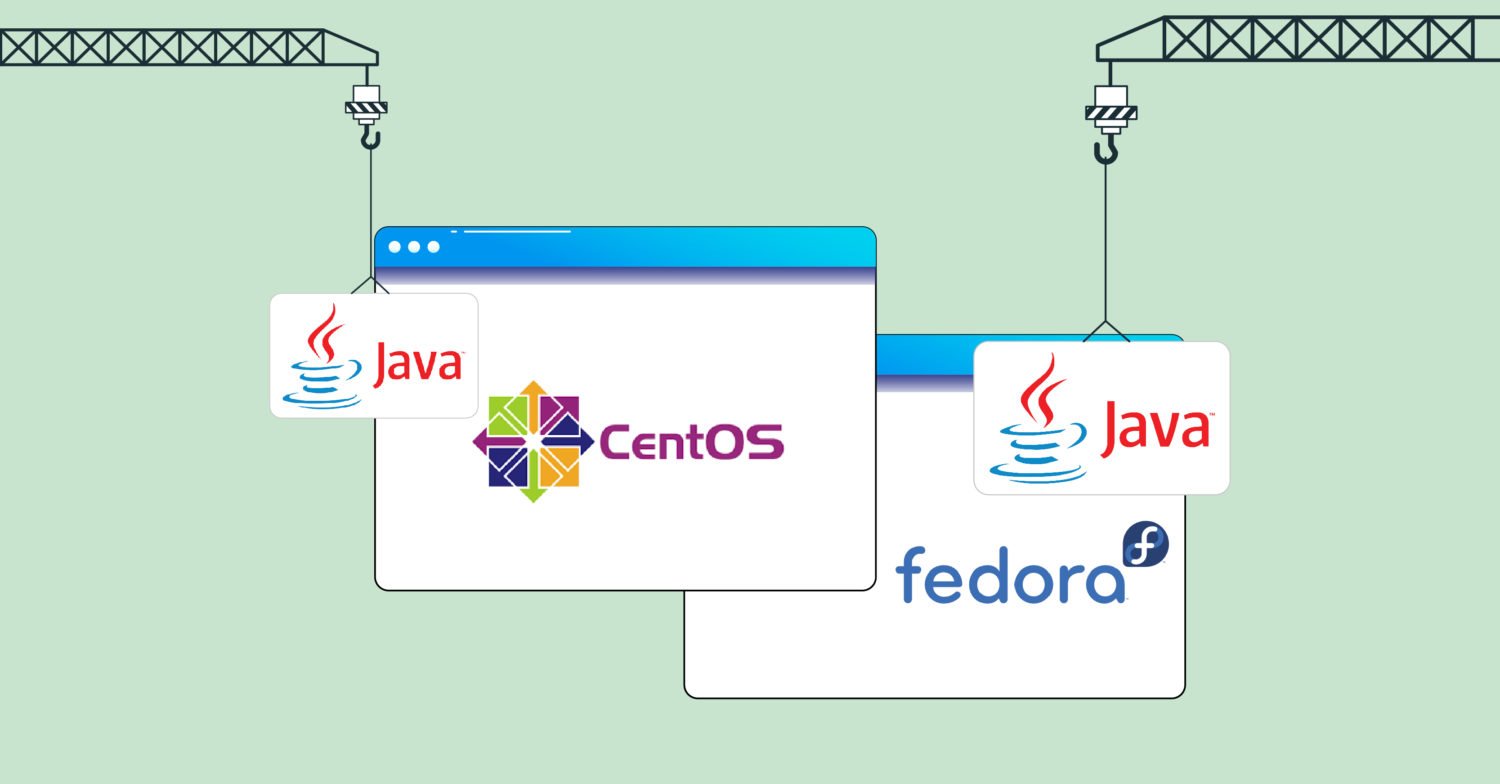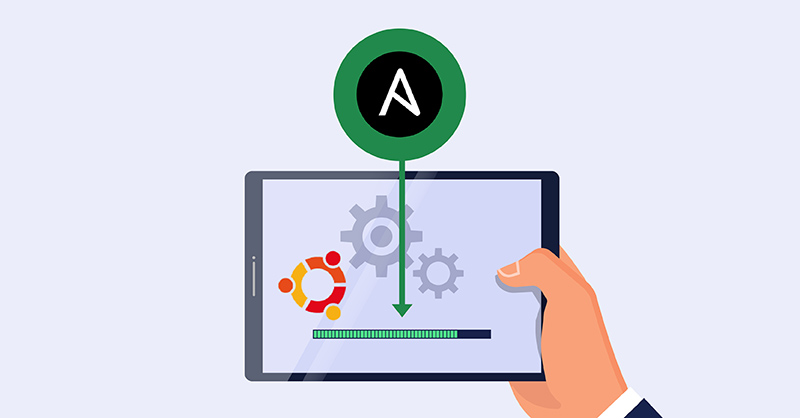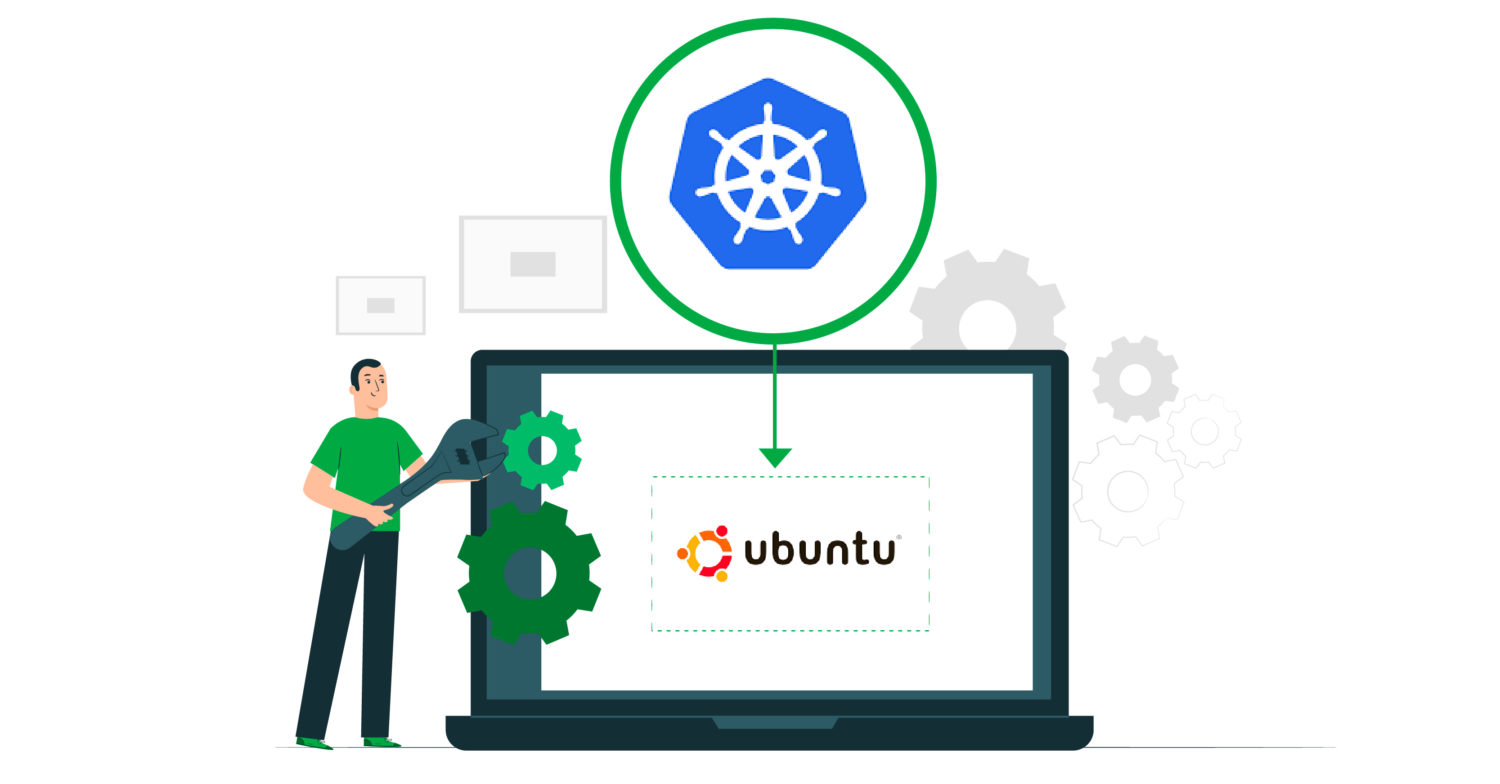Introduction Kubernetes has become a standard for deploying large applications. It helps developers gain significant advantages and offers features that are not available in traditional server hosting. Kubernetes allows horizontal scaling without the hassle of infrastructure. Furthermore, it reduces the cost of acquiring and maintaining the infrastructure as the application grows. However, managing applications on Kubernetes can also be complex …
Using Git Branches: A Tutorial
Git is an open-source version control system (VCS) that can handle projects of every size. This DevOps tool is free and open-source (Git source code on GitHub). It tracks changes in the source code, allowing multiple developers to work in sync on a non-linear development. Git was first introduced back in 2005 by Linus Torvalds. This guide will showcase how …
Kubernetes DNS Service: A Beginner’s Guide
Kubernetes, also known as K8s, is an open-source orchestration system for automating deployment, scaling, and managing containerized applications. Its portability, flexibility, and automatic scaling capabilities make it an extensively used system. Above all the standout features, the option to create DNS records for services and pods makes it unbeatable from other software systems. Kubernetes DNS service allows you to contact …
Working with Docker Data Volumes on Ubuntu 20.04
Introduction Docker Data Volumes is an important concept when containerizing your applications. Knowing this concept is vital for ensuring the best experience of your containerized application along with reliable persistence and data management. However, while this concept is important, it is also confusing and complex for many developers. It is important for developers and DevOps specialists to be able to …
Setting Up WordPress With MySQL On Kubernetes With Helm
Kubernetes is now the standard way to deploy applications that are scalable and have high availability. Kubernetes allows developers to quickly bring up and down instances as needed to ensure smooth delivery of content. To learn more about Kubernetes, follow our detailed guide Getting to Know Kubernetes. Helm is a very popular package manager that is used to install applications …
Installing Software on Kubernetes with Helm 3 Package Manager on Windows
A If you are coming from a development background, you are probably aware of the Package Manager term. Package Managers allow you to install dependencies, upgrade and downgrade versions, and so on. In this tutorial, we will look at a very popular package manager for Kubernetes, called Helm. Helm assists in managing Kubernetes applications. With Helm, you can define a …
How to Host a Docker Image Repository and Build Docker Images with GitLab Self-Managed Instance on Ubuntu 20.04
Containerization technology has greatly advanced in the software development tech space as the most accepted method of packaging and deploying applications in cloud environments. This has been necessitated by the need for continuous integration (CI) and continuous deployment (CD) which are defining aspects of DevOps. Software developers and engineers make use of containers to achieve the CI/CD aspect of software …
Installing Ruby on Rails with RVM on Ubuntu 20.04
Ruby on Rails is one of the most popular web app frameworks. It’s open-source software designed for developers to create successful projects while writing fewer codes. Having a fun and enjoyable development experience is one of the fundamental principles that make Ruby on Rails an attractive choice. The RVM (Ruby Version Manager) tool, as the name suggests, is a third-party …
How To Set Up GitLab Continuous Integration (CI) Pipelines on Ubuntu 20.04
Every developer understands how crucial version control is to the software development lifecycle. It enables multiple people to work simultaneously on a single project, each person maintaining their own copy of the code and choosing when to share it with the rest of the team. To achieve this, developers make use of Git repositories to help with version control. GitLab …
Installing Java on CentOS and Fedora
In the world of programming, Java has been one of the top programming languages. Java is a high-level programming language that follows the concept of object-oriented programming systems. It’s also a platform-independent language that generates cross-platform applications. Java is everywhere – banking and transactions, web frameworks, games (Minecraft), and even mobile operating systems (Android). In this guide, we will walk …
Installing and Configuring Ansible on Ubuntu 20.04
If you are a system administrator, it’s important that you have a consistent way of managing all of the servers and computers you are using. Configuration management systems can streamline the process to a great degree. They manage all the systems efficiently from a central location. On Linux, there are multiple configuration management systems available. For example, Puppet, Chef, Ansible, …
How to Install and Use Kubernetes on Ubuntu 20.04
Introduction Kubernetes is an open-source tool that is crucial in container orchestration. Kubernetes works by orchestrating and managing clusters at scale across various cloud environments or even on-premise servers. A cluster is a set of hosts meant for running containerized applications and services. A cluster needs a minimum of two nodes to work – one master node and a worker node. Keeping …
- Page 1 of 2
- 1
- 2
